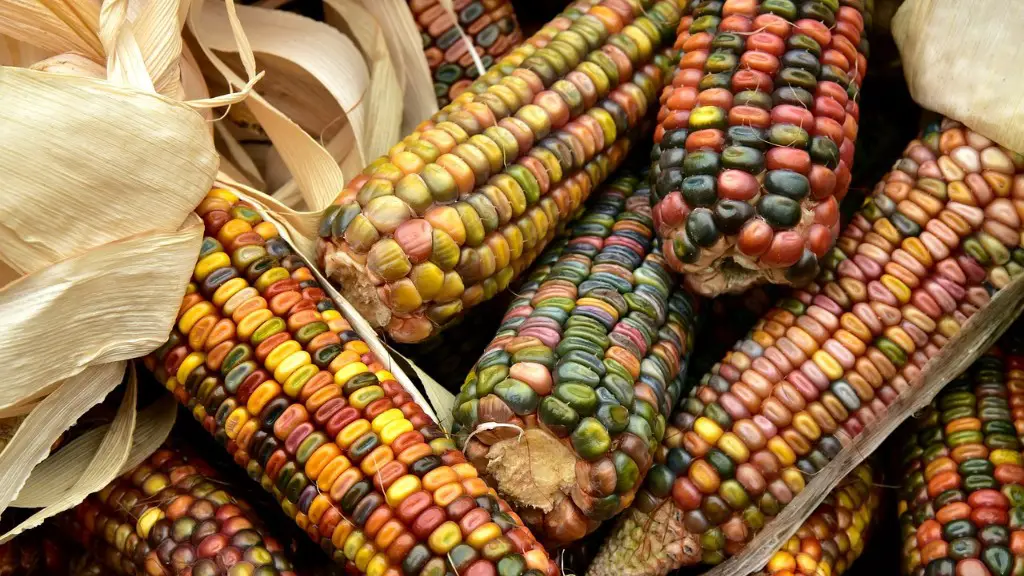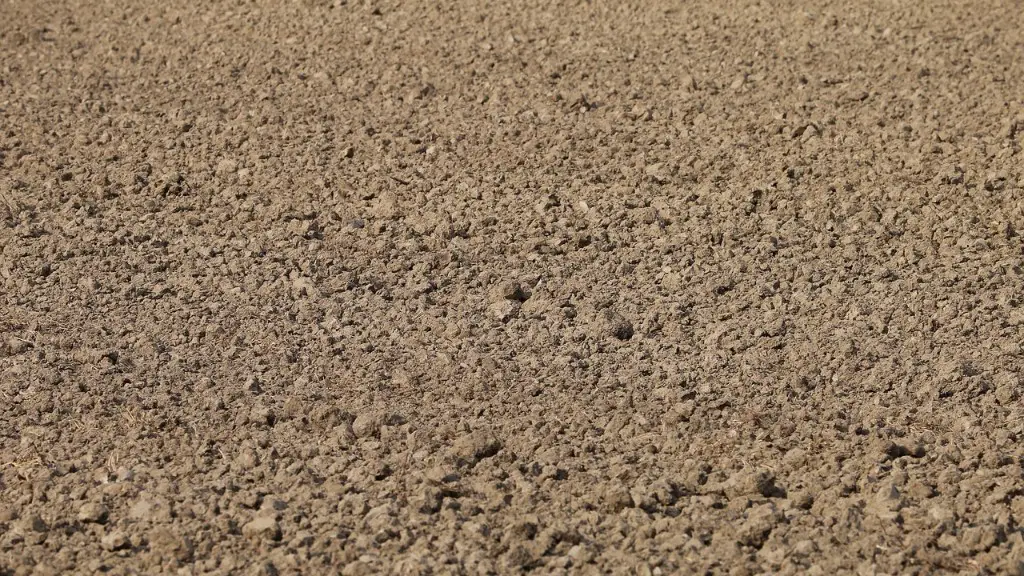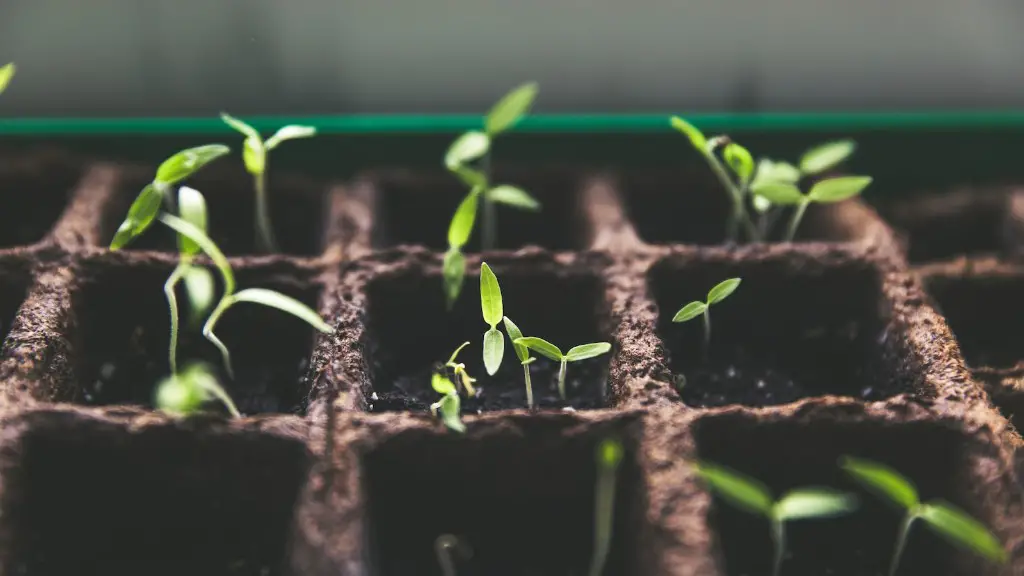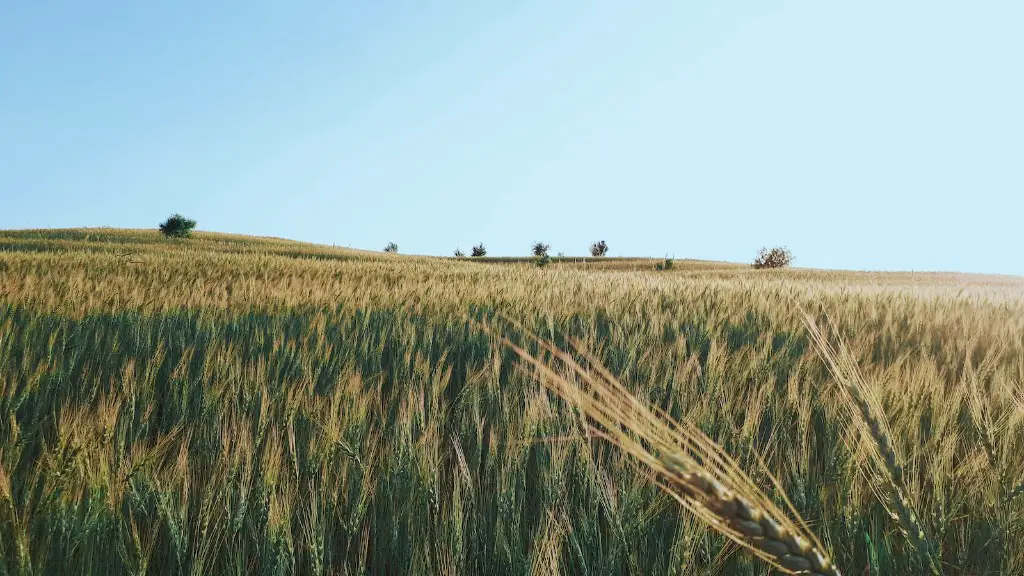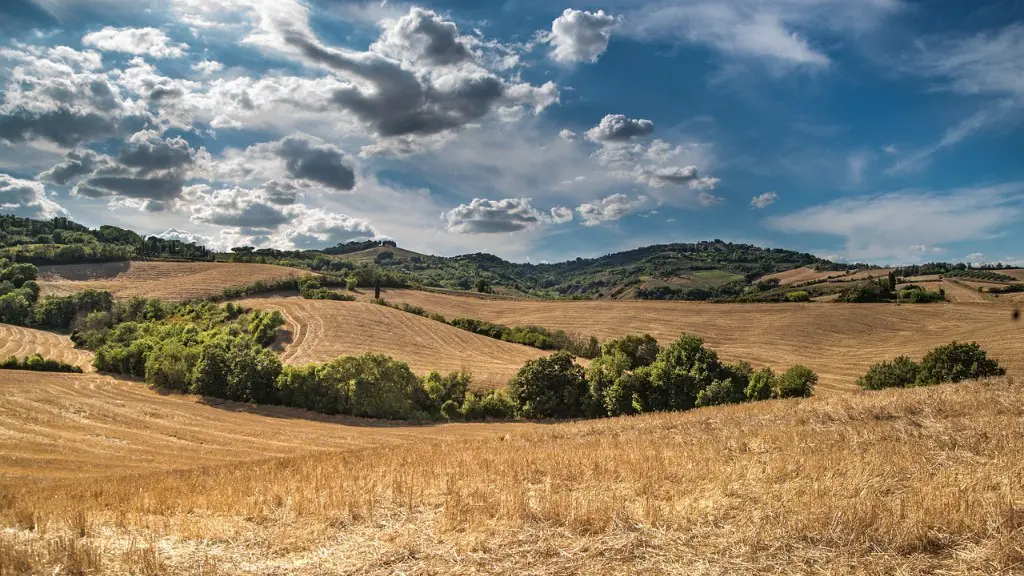The modern day agricultural system is one of the leading contributors to environmental degradation. Intensive farming practices such as monoculture, heavy use of chemical fertilizers and pesticides, and large-scale livestock production have contributed to air and water pollution, soil depletion and erosion, and the loss of biodiversity. These environmental impacts of agriculture are having serious consequences for the planet and its ability to support life.
The ways that agriculture can harm the environment are many and varied. They can include direct harm to ecosystems through the use of pesticides and other chemicals, as well as indirect harm through the clearing of land for farming and the resulting loss of habitat for wildlife. Agriculture can also contribute to water pollution through the runoff of pesticides and fertilizers, and soil erosion from poorly managed farmland can lead to sedimentation in lakes and rivers.
What are 3 effects of agriculture on the environment?
There is a growing movement to shift away from large-scale, conventional farming in favor of more sustainable practices that are better for the environment and human health. Sustainable agriculture includes a variety of methods, such as organic farming, agroforestry, and permaculture. These methods emphasize diversification, closed loop systems, and working with natural processes, rather than against them.
Livestock agriculture is responsible for a large proportion of global greenhouse gas emissions, most notably methane. In addition, overgrazing is a major problem regarding environmental sustainability. In some places, stretches of forage land are consumed so extensively that grasses are unable to regenerate.
How does agricultural production affect the environment
Crop production can have a negative impact on the environment, including reducing habitat for wildlife, causing soil erosion, and polluting air and water supplies.
Deforestation is a big side effect of agriculture that greatly impacts our planet and the environment. It is estimated that about 15 percent of all greenhouse gas emissions come from deforestation and other land-use changes, making it a major contributor to climate change. Deforestation also contributes to soil erosion, which can lead to water pollution and dead zones in our oceans. In addition, many of the pesticides and other pollutants used in agriculture can have harmful effects on the environment, including human health.
What are the 5 major consequences of agriculture?
Agriculture is a critical part of our ecosystem and can have a profound impact on the environment – both positive and negative. On the negative side, agriculture can lead to soil erosion, water pollution and contribute to climate change. On the positive side, agriculture can help reduce CO2 levels, improve air quality and provide habitat for wildlife. It is important to strike a balance between the two in order to create a sustainable ecosystem.
The pros and cons of agriculture are numerous, but there are some key points to consider. Agriculture allowed humans to become experts in their field through the development of artists, leaders, and scribes. It also led to the domestication of wheat, corn, and rice, which have been essential to human civilization. However, agriculture can also lead to conflicts over access to food supplies, and weather can damage crops.
Why is agriculture the biggest mistake?
Farming helped bring another curse upon humanity: deep class divisions. Hunter-gatherers have little or no stored food, and no concentrated food sources, like an orchard or a herd of cows: they live off the wild plants and animals they obtain each day. Because they don’t have these food sources, they are constantly searching for food, which can lead to malnutrition and starvation. Epidemics can also occur when hunter-gatherers come in contact with new sources of food that they are not immune to.
Changes in agricultural production practices can result in reduced greenhouse gas emissions and the removal of carbon dioxide from the atmosphere through carbon sequestration. Farm operators can change production practices or land use to increase the carbon stored in soil or vegetation.
What is the most common problem in agriculture
A lot of the agricultural problems in the country are due to factors beyond the farmers’ control. Unemployment, waterlogging in wetland areas, salinity in arid and semi-arid areas, acidity in high rainfall areas, pests (like weeds, diseases, and insects), and erratic rainfall distribution are all common problems. In addition, the country’s agriculture highly depends on rain-fed. This means that when there is a drought, farmers can lose everything. The government needs to do more to support farmers and help them deal with these problems.
Organic farming has a number of advantages over conventional agriculture. It causes less greenhouse gas emissions, soil erosion, and water pollution, and does not use toxic pesticides. This makes it better for the environment and human health.
What are the disadvantages of modern agriculture?
Modern farming methods have overused the natural resource base, which has led to the loss of soil fertility. The increased use of fertilizers has also led to water depletion. Modern farming methods require a great deal of capital, which can be a burden for many farmers.
While agriculture can have negative impacts on the environment, it can also have positive impacts. Agriculture can trap greenhouse gases within crops and soils, or mitigate flood risks through the adoption of certain farming practices. These positive impacts can help offset the negative impacts of agriculture, and help to protect the environment.
The average size of land holdings in India is very small, which leads to a lack of economies of scale. In addition, land holdings are often fragmented, which makes it difficult to implement efficient agricultural production practices.
Other major problems faced by Indian agriculture include a lack of access to high quality seeds, manures, fertilisers and biocides, as well as a lack of irrigation infrastructure. Soil erosion is also a major problem, as it leads to a decline in soil productivity over time.
Agricultural marketing is also a major challenge in India, as farmers often lack the necessary know-how to market their produce effectively. This results in a situation where they are often forced to sell their produce at below market prices.
The scarcity of capital is also a major problem facing Indian agriculture. This is because most farmers are small and marginal, and lack the financial resources to invest in modern inputs and technologies.
Animal agriculture can have a significant impact on the environment. It can cause pollution, greenhouse gas emissions, biodiversity loss, disease, and significant consumption of land, food, and water. Agricultural practices can also have an impact on climate change.
Is agriculture the worst mistake in human history?
There is no question that the Agricultural Revolution was a turning point in human history. For the first time, we were able to produce more food than we needed, which allowed for the growth of civilizations. However, it also led to some negative consequences, including warfare, starvation, and tyranny. These problems are all the result of our decision to increase food production instead of limiting population growth. It is clear that this was a mistake, and one that we continue to pay for today.
Early humans began farming and were able to produce enough food that they no longer had to migrate to their food source. This meant they could build permanent structures and villages, and eventually even cities. The closely connected rise of settled societies increased population.
Warp Up
There are a number of ways that agriculture can harm the environment. One way is through the use of pesticides and other chemicals. These chemicals can contaminate groundwater, and can also pollute the air. Another way agriculture can harm the environment is through the clearing of land for farming. This can lead to soil erosion, and can also result in the loss of habitat for wildlife.
The impact of agriculture on the environment is largely negative. Agriculture is a leading cause of deforestation, water pollution, and soil erosion. Furthermore, the use of pesticides and other chemicals in agriculture can be harmful to both human health and the environment.

